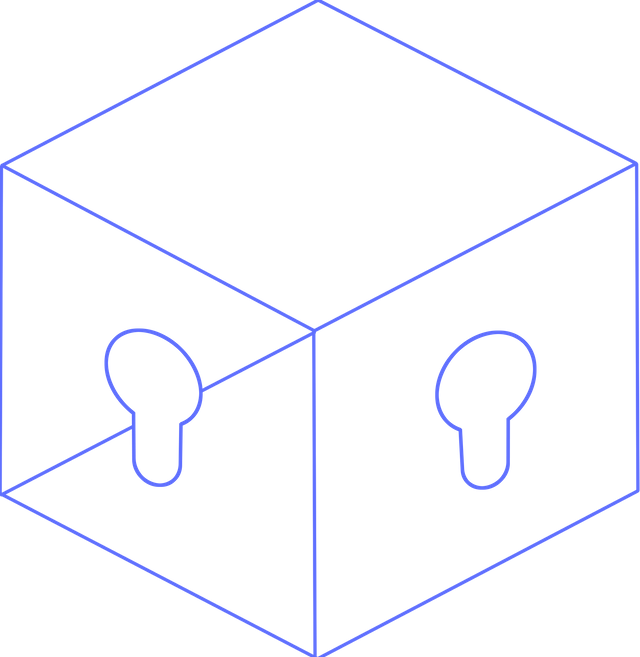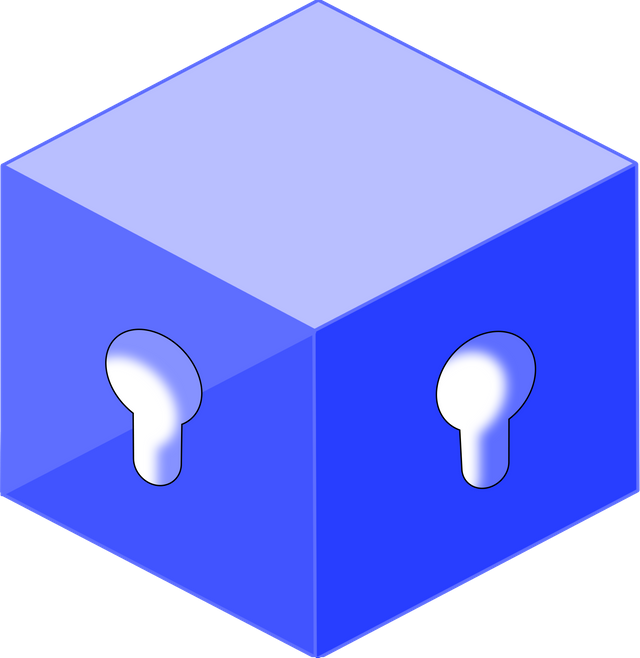Firmo: Solid safe and reliable/ My paticipation in the contests sponsored by @originalworks
@originalworks are launching a contests sponsored by Firmo, I have decided to participate in this contest using my original images created for the graphic contest.

With more and more frequency we hear that concept: smart contracts. The simplest definition in this respect is that they are contracts that have the capacity to be fulfilled automatically once the parties have agreed to the terms. But surely you have in mind the classic signed paper, so how is it possible that a contract can enforce itself? Well, the truth is that Firmo financial smart contracts are a little different from paper contracts.
Both are agreements in which two or more involved agree to comply with a series of conditions, and its fundamental elements are the same: the voluntary consent of all the parties, the object of the contract (good or service), and a just cause, true and lawful. However, both differ in three factors: the mode of writing, its legal implication and the mode of compliance.
Paper contracts are written in natural language. That is, it is enough to write the conditions and terms in the language involved. If all parties agree, they sign to secure their promise, which leads to their legal involvement: a paper contract has costs. Depending on the jurisdiction where the parties are involved, or under which they want to carry out the contract, it is very likely that they have to meet certain requirements, such as recourse to a notary. On the other hand, its mode of compliance is subject to the interpretation of the parties, which may favor one more than the other.

Firmo smart contracts, on the other hand, are computer programs applicable to any blockchain technology. They are not written in natural language, but in virtual code. They are a type of software that is programmed, like any other software, to carry out a task or series of tasks determined according to the instructions previously introduced. Its fulfillment, therefore, is not subject to the interpretation of any of the parties: if event A happens, then consequence B will start automatically. Its legal implication has fallen -like all the technology related to Bitcoin- in a gray zone. No trusted intermediary is required (as a notary), because this role is adopted by the computer code, which will ensure without doubt the compliance with the conditions. Therefore, significant time and costs are reduced.

Handshake today, transact later.
Here we can stop for a moment. Firmo smart contracts seem to be a great concept, but how is it possible for software to connect with real assets? Let's say I want to buy a house and for that I need a contract. A notary can assure me that the seller will give me the property title once I pay what was agreed, but how can that be assured by software? In addition, money management has strong regulations. Do not these affect smart contracts in the same way? And what about computer manipulation? Can not one of the parties manipulate to its benefit the computer where the contract was written or even the code of its software?
All these problems were met by its original creator, Nick Zsabo (suspect, by the way, being Satoshi Nakamoto), when he first proposed the idea in the early 90's. The technology of that time could not solve these problems , and for that reason the idea was waiting for a better future.
Fortunately, that better future, with the consequent technology that allows smart contracts to apply, is already reaching all parts of the world: it is the blockchain or distributed accounting and the Internet of Things (IoT).
Let's review the problems to solve in the last century: computer manipulation, regulatory limitations for money management and the connection of software with real assets. Well, only the blockchain can solve these three problems almost completely.
Being an encrypted and immutable database, maintained not only by a computer but by hundreds or even thousands, where you can literally register anything - even a computer program such as intelligent contracts - computer manipulation is discarded. Regarding money management, it must be said that the blockchain has allowed the emergence of cryptocurrencies, a kind of digital and decentralized asset, that is, not linked to any government or entity, available to anyone anywhere in the world without regulations. territorial added; which facilitates the transfer of money. Finally there is the connection with real assets. And while the blockchain can register documents, bonds, stocks, applications and any other type of digital asset, we still have the problem of connection to the house (for example). How the smart contract will work for the purchase of a house?
That's where the Internet of Things comes in. According to an IBM report, by 2020 worldwide there will be more than 34 billion devices connected to the Internet, and at least two-thirds of them will not be computers or mobile phones. They will be everyday objects: from a washing machine and a light bulb to a stove or a lock. And therefore, being connected to the Internet, they can be controlled digitally.

But how does it work?
Let's go back to the example of buying the house. Let's say that María wants to buy Pedro's house on credit, paying a certain amount of monthly fees. Then she and Pedro use some platform of intelligent contracts (like Ethereum or SmartContract) to schedule the contract with the established terms. Among them, that Maria will pay X amount before certain date each month, or else the lock on the door of the house will be blocked, and that Pedro will irrevocably cede the property title registered in the chain of blocks to Maria when the amount agreed upon is reached. Then the intelligent contract will act, without intermediaries, and will carry out exactly those instructions, literally, without Maria or Pedro being able to intervene.

Firmo is building the future of financial infrastructure. 1/7 of the world’s economy is derivatives, but these financial contracts are not securely available in the crypto economy yet. FirmoLang enables businesses, like exchanges, to securely and intuitively offer smart derivatives on any major blockchain. Firmo already works with Ethereum and is in talks with other major blockchains like Neo, Cardano and Qtum. This is just the first step in overhauling today’s financial infrastructure.